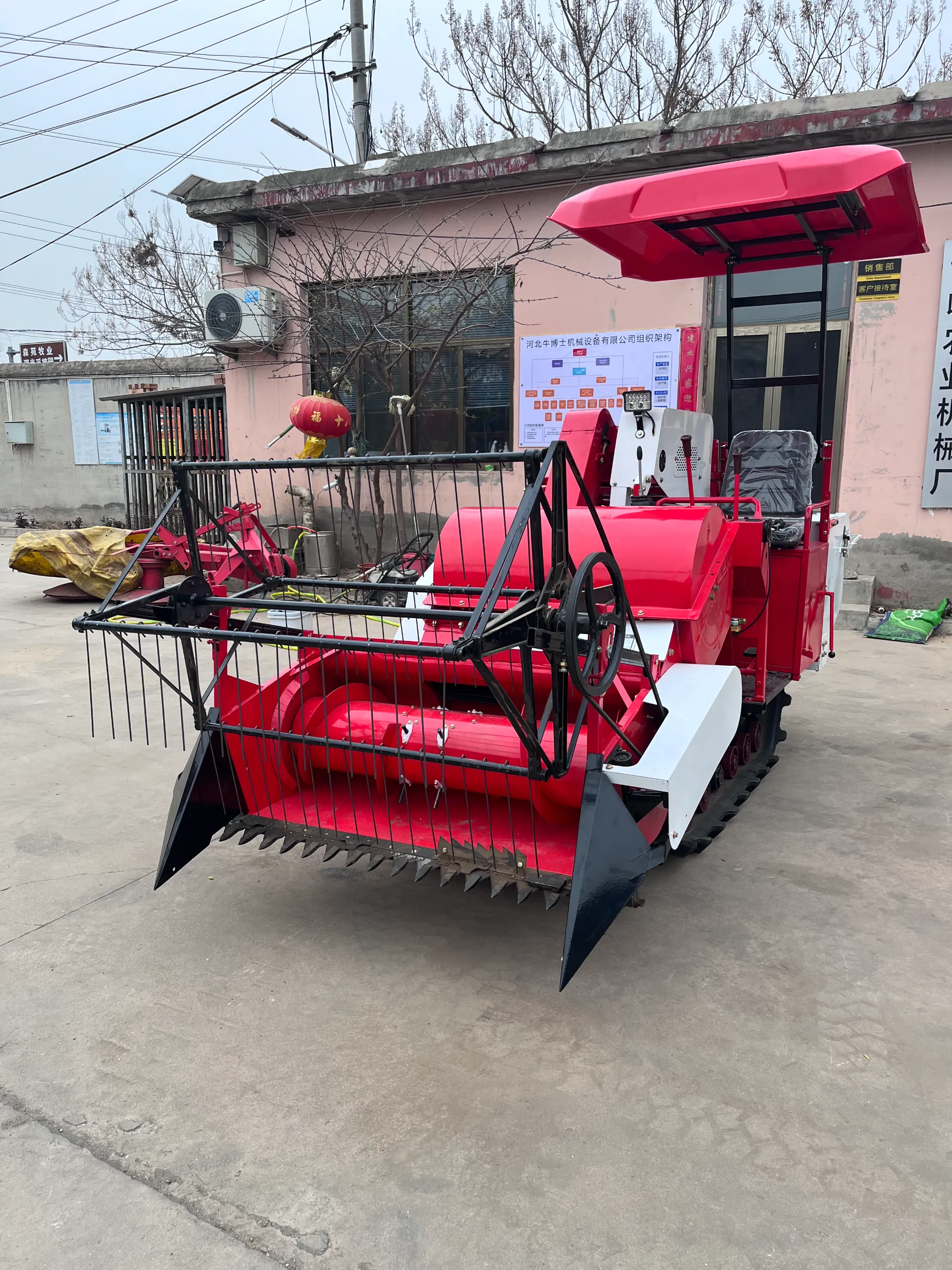Efficient Poultry Waste Management with Innovative Windrowing Techniques and Equipment
The Importance of Poultry Windrowers in Modern Farming
In the realm of modern agriculture, the poultry industry has undergone significant changes in recent years. As the demand for poultry products continues to rise, so does the necessity for efficient farming practices that maximize productivity while minimizing environmental impact. One innovative tool that has emerged to address these challenges is the poultry windrower. This machine plays a vital role in managing poultry litter, promoting better farm hygiene, and ultimately enhancing the sustainability of poultry farming.
Understanding Poultry Windrowers
A poultry windrower is a specialized piece of equipment designed primarily for the collection and management of poultry litter—comprising fecal matter, bedding, and other organic material found in poultry housing. The windrower consolidates this material into windrows, which are long, narrow piles that promote aeration and decomposition. Unlike traditional methods that often involve manual labor and less efficient equipment, poultry windrowers mechanize the litter management process, leading to improved efficiency and reduced labor costs.
Enhancing Farm Hygiene
Proper sanitation practices are crucial in poultry farming to prevent disease outbreaks and ensure the health of the flocks. Windrowers facilitate the rapid removal and management of poultry litter, which can harbor pathogens if left untreated. By regularly converting used litter into windrows, farm operators enhance the drying process, which significantly reduces harmful bacterial counts. The increased aeration also promotes the breakdown of organic matter, transforming it into nutrient-rich compost that can be used to improve soil quality in crop production.
Environmental Benefits
poultry windrower

The poultry industry faces increasing scrutiny over its environmental footprint. Waste management is a significant aspect where poultry operations can make impactful changes. By utilizing windrowers, farms can minimize runoff and leaching of nutrients, such as nitrogen and phosphorus, into surrounding ecosystems. When litter is properly composted using windrowers, these nutrients are stabilized, reducing the risk of pollution. Additionally, this process helps recycle nutrients back into the soil, promoting more sustainable agricultural practices.
Economic Advantages
Investing in a poultry windrower can lead to substantial economic benefits for poultry producers. Although the initial cost of purchasing and maintaining this equipment may seem high, it often pays for itself over time by lowering labor costs and increasing efficiency. Farmers can save time that would otherwise be spent on manual litter management, allowing them to focus on other aspects of farm operations. Moreover, the high-quality compost generated from the windrow process can be sold or used to enhance soil fertility, leading to potentially increased crop yields and profitability.
Improving Litter Quality
The quality of poultry litter significantly impacts both animal health and crop productivity. Windrowers ensure that litter is managed appropriately, promoting uniformity and consistency in nutrient content. The controlled process of composting can also help eliminate harmful pathogens and parasites, resulting in a safer product for both livestock and soil applications. By providing a higher quality litter that is free from excess moisture and pathogens, poultry windrowers enable farmers to maintain healthier flocks and produce better quality crops.
Conclusion
As the poultry industry continues to evolve in response to global challenges, the adoption of advanced technologies like poultry windrowers represents a step forward in sustainable farming practices. By streamlining litter management, enhancing farm hygiene, and improving environmental outcomes, these machines serve as critical tools for modern poultry producers. The economic advantages, alongside the benefits to animal health and environmental stewardship, highlight the importance of integrating poultry windrowers into everyday farming operations. Moving forward, embracing such innovative technologies will be essential for the success and sustainability of the poultry industry, ensuring it can meet the growing demands of consumers while also protecting our planet.
Latest news
-
When to Upgrade Your Old Forage HarvesterNewsJun.05,2025
-
One Forage Harvester for All Your NeedsNewsJun.05,2025
-
Mastering the Grass Reaper MachineNewsJun.05,2025
-
How Small Farms Make Full Use of Wheat ReaperNewsJun.05,2025
-
Harvesting Wheat the Easy Way: Use a Mini Tractor ReaperNewsJun.05,2025
-
Growing Demand for the Mini Tractor Reaper in AsiaNewsJun.05,2025
